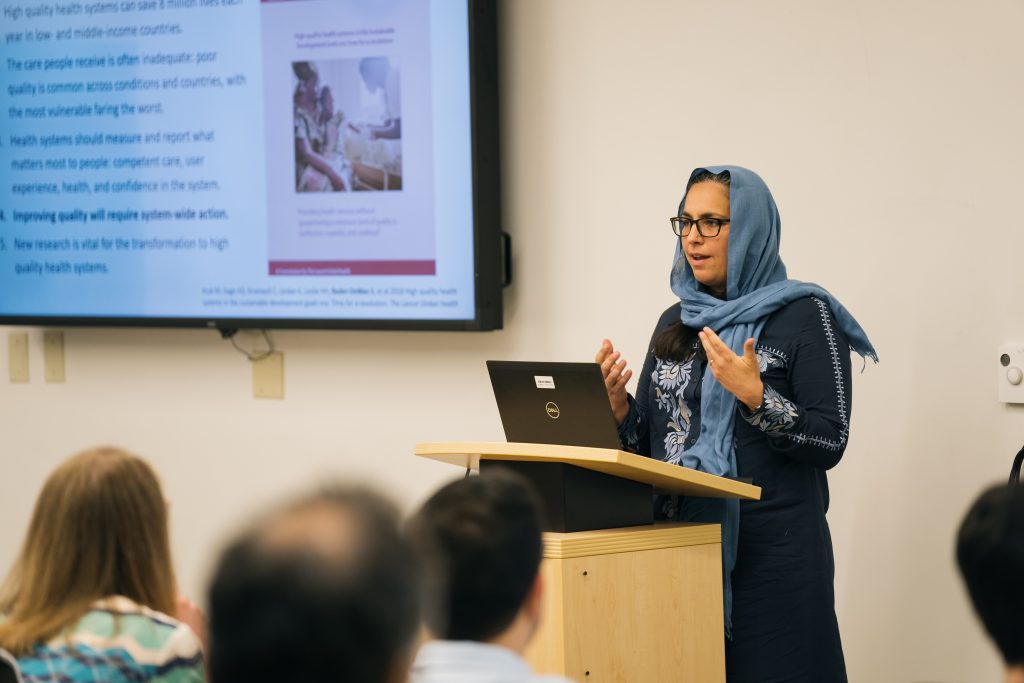
TDI’s faculty is made up of dozens of social scientists, engineers, clinician scientists, biostatisticians, and public health and health services researchers who are dedicated to improving health and healthcare for everyone. Our areas of research excellence include:
- Understanding and reducing disparities in health outcomes based on geography, healthcare practices, state and local policies, payment models, and social determinants of health. An emerging area of expertise is health equity, including strategies for rebalancing national investments in social versus medical care in pursuit of better population health outcomes.
- Developing “coproduction learning health systems,” in which patients’ experiences and the outcomes of real healthcare practices generate the data that researchers need to improve care. We are also developing and testing new strategies and models to improve patient-clinician communication and medical decision-making.
- Innovative models of organization and financing of healthcare delivery to support high-value care delivery.
- Causal inference and social network methods.
- Quality improvement methods and practices.
Learn more about TDI’s faculty and research labs.
Service Centers
Two TDI service centers provide essential analytic and evaluative services to TDI researchers and colleagues around the globe:
- Center for Program Design and Evaluation (CPDE) is a fee-for-service research center specializing in mixed methods evaluation and program design. The team’s expertise spans anthropology, business, education, life sciences, medicine, psychology, and public health, affording a unique position to assist organizations and programs of all types.
- Data Analytic Core (DAC) supports investigators by providing full life-cycle healthcare data management, ensuring compliance with administrative, technical, and physical control requirements to meet the confidentiality, integrity, and availability of data acquired, stored, and maintained in the DAC Information Systems. The DAC will sunset its operations on June 30, 2024.